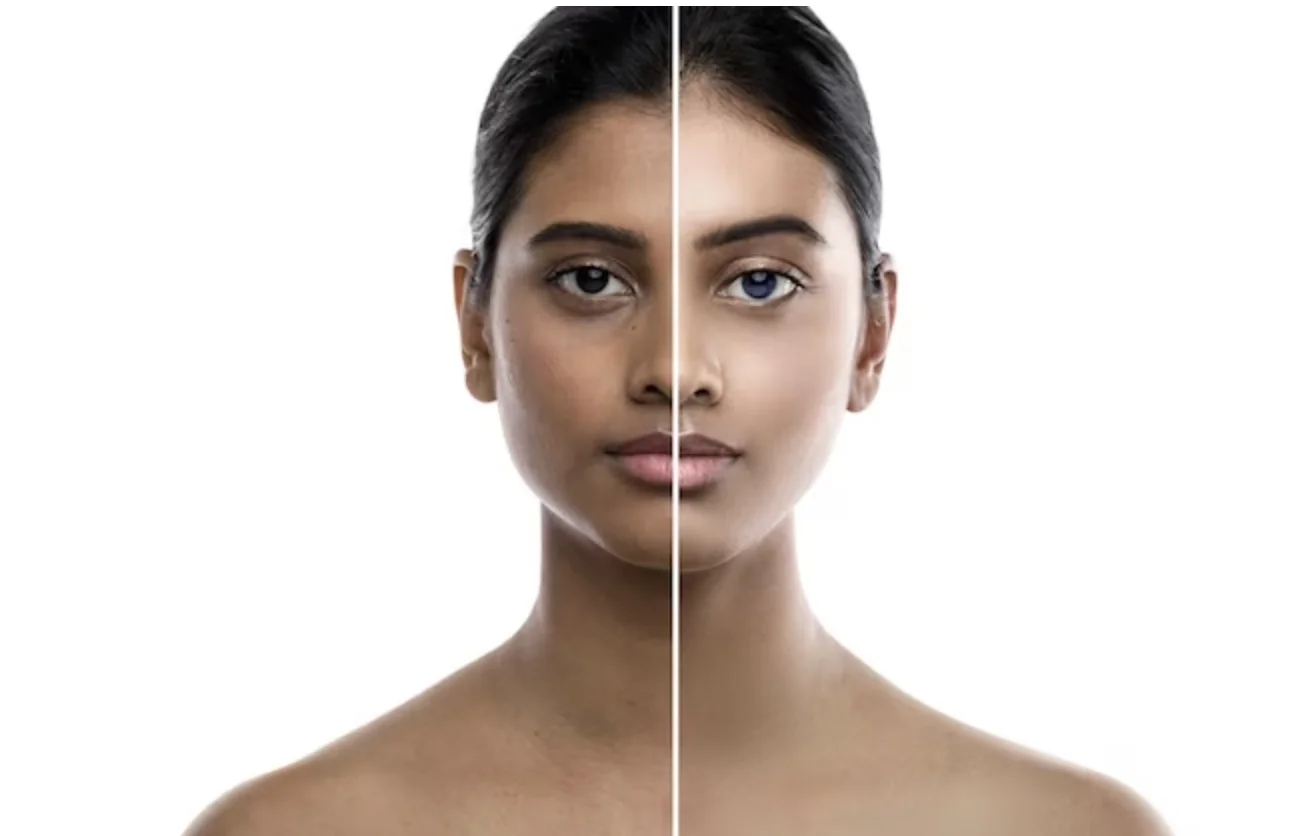The landscape of skincare has been dramatically reshaped with the advent of laser technology. This transformative technology has evolved to become a game-changer in the field of dermatology, particularly for pigmentation treatment. This article delves into how laser treatments have revolutionized skincare, with particular focus on the treatment of various pigmentation disorders.
Chapter Overview
Understanding Pigmentation and Its Impact on Skin
Pigmentation refers to the coloration of the skin which is primarily determined by melanin, a pigment produced by cells known as melanocytes. When these cells become damaged or unhealthy, it can affect melanin production leading to skin disorders. These pigmentation disorders can cause changes to skin color, resulting in conditions like melasma, age spots, and hyperpigmentation.
Pigmentation disorders can be incredibly challenging to treat. Traditional treatment methods, such as topical creams and chemical peels, have been used with varying degrees of success. However, these treatments often have limitations and can sometimes lead to side effects. This is where the advent of laser technology has been a game-changer.
Enter Laser Technology: A New Era in Treating Pigmentation Disorders
Laser technology, an acronym for Light Amplification by Stimulated Emission of Radiation, has revolutionized the field of dermatology, particularly in the treatment of various pigmentation disorders. Lasers work by emitting a concentrated beam of light that can be directed towards specific cells or areas of the skin. The light is absorbed by the pigment in the skin, causing it to break down and eventually fade.
The precision and effectiveness of laser treatments have transformed the way skin concerns are addressed. The use of lasers enables dermatologists to target and treat specific skin layers with minimal damage to surrounding tissues, making laser treatments safer and more effective than traditional methods.
Different Types of Lasers for Pigmentation Treatment
There are various types of lasers available for treating pigmentation disorders, each with unique wavelengths and functions. Some of the commonly used lasers for pigmentation treatment include:
- Fractional Lasers: These lasers work by creating micro-injuries in the skin, which stimulate the body’s natural healing process and promote collagen production. Fractional lasers are particularly effective for treating conditions like melasma and acne scars.
- Q-Switched Lasers: These lasers emit high-energy light pulses that target and break down excess pigment in the skin. This makes them ideal for treating conditions like age spots and hyperpigmentation.
- Intense Pulsed Light (IPL): Though technically not a laser, IPL works similarly by emitting light pulses that target and break down pigment. IPL is often used for treating sun damage and age spots.
Each laser treatment is tailored to the patient’s specific skin type and concern, ensuring optimal results.
The Laser Treatment Process for Pigmentation Disorders
The process of undergoing laser treatment for pigmentation disorders typically involves the following steps:
- Consultation: Before starting treatment, patients undergo a thorough evaluation where their skin type, specific needs, and skin concerns are assessed. This helps in determining the most suitable laser treatment approach.
- Preparation: Depending on the specific treatment, patients may be advised to avoid sun exposure and certain skincare products that make the skin more sensitive to the laser.
- Treatment Session: During the session, the laser device is used to target the areas of concern. The duration of the session varies based on the treatment area and the type of laser treatment.
- Recovery: After treatment, patients may experience some redness or mild swelling, which usually subsides within a few hours to a day.
- Follow-Up Sessions: To achieve the best results, a series of laser treatment sessions are usually recommended. These sessions are spaced several weeks apart to allow the skin to heal between treatments.
Safety and Efficacy of Laser Treatments for Pigmentation
Laser treatments for pigmentation are generally safe and effective. However, as with any medical procedure, there can be potential risks and side effects. These may include temporary redness, swelling, and changes in skin color. However, these side effects are usually temporary and subside within a few days.
The efficacy of laser treatments for pigmentation largely depends on various factors such as the type of pigmentation disorder, the type of laser used, and the patient’s individual skin characteristics. Most patients report significant improvements in their skin tone and texture after undergoing laser treatment.
The Future of Laser Treatments for Pigmentation
With continuous advancements in technology, the future of laser for pigmentation looks promising. The integration of artificial intelligence (AI) and machine learning in dermatology is set to revolutionize the way skin conditions are diagnosed and treated. These technologies can analyze patient data to predict skin responses to different laser treatments, enabling personalized treatment plans.
Moreover, ongoing research and development efforts are geared towards creating more affordable and user-friendly laser devices. This will make laser treatments more accessible to a larger population, further driving the growth of the dermatology medical laser market.
Wrapping Up
In conclusion, laser technology has revolutionized the field of dermatology, particularly in the treatment of pigmentation disorders. It offers a precise, effective, and safer alternative to traditional treatment methods. As technology continues to evolve, we can expect further advancements in laser treatments, leading to even better outcomes for patients with pigmentation disorders.
If you’re struggling with a pigmentation disorder and are considering laser treatment, it’s important to consult with a qualified dermatologist who can guide you through the process and help you achieve the best possible results. Embrace the revolution in skincare brought about by laser technology and step into a future of clearer, more radiant skin.

